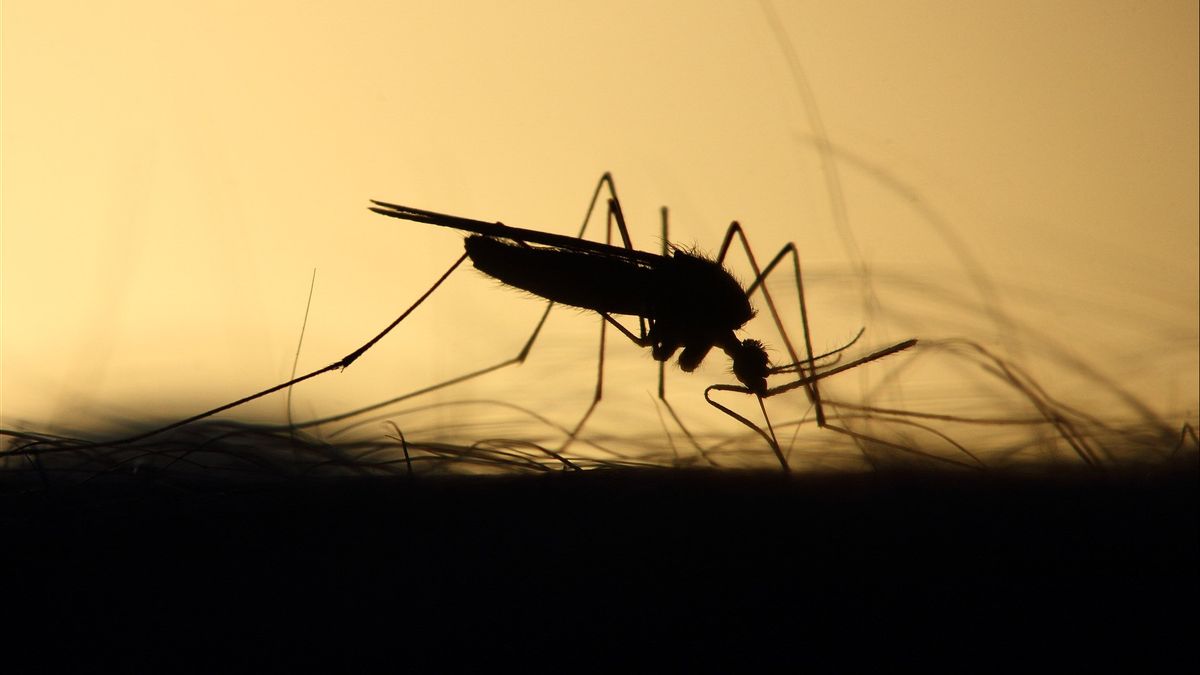JAKARTA - Deaths from malaria in sub-Saharan Africa are far more severe than those caused by COVID-19, the World Health Organization (WHO) warned on Monday, November 30.
According to WHO, this is because services designed to deal with mosquito-borne diseases were disrupted during the coronavirus pandemic.
More than 409,000 people worldwide - most of them babies in the poorest parts of Africa - died from malaria during the past year, the WHO said in its latest global malaria report. According to WHO, COVID-19 will almost certainly make that number even higher by 2020.
"Our estimate is that it depends on the level of service disruption (due to COVID-19) ... there could be more than 20,000 and 100,000 deaths from malaria somewhere between 20,000 and 100,000 in sub-Saharan Africa, mostly in children," Pedro Alsonso, director of the WHO malaria program, reported by Antara, Monday, November 30,
"It is likely that the number of deaths from malaria is greater than the direct death from COVID."
The WHO report found 229 million cases of malaria globally in 2019, and said that despite the unprecedented challenges of the COVID-19 pandemic, many countries around the world have struggled and survived the disease.
"However, long-term success in achieving a malaria-free world within a generation is far from certain," he said.
Some of the African countries hardest hit by malaria have struggled to make significant progress since 2016.
Because of the constant transmission of malaria through mosquitoes in many parts of the world, half the global population is at risk of contracting the disease --and malaria still kills one child every two minutes. Nonetheless, the focus of global funding and attention has been shifted, making preventable child deaths possible.
Peter Sands, executive director of the Global Fund to fight AIDS, tuberculosis and malaria, said the findings of the WHO report were "very timely".
"The world of global health, media and politics are all fixated on COVID, ... but we are not paying much attention to the disease which still kills more than 400,000 people every year, especially children," he told reporters.
"And to remind you, this is a disease we know how to get rid of - so it's an option we don't exercise."
The English, Chinese, Japanese, Arabic, and French versions are automatically generated by the AI. So there may still be inaccuracies in translating, please always see Indonesian as our main language. (system supported by DigitalSiber.id)













